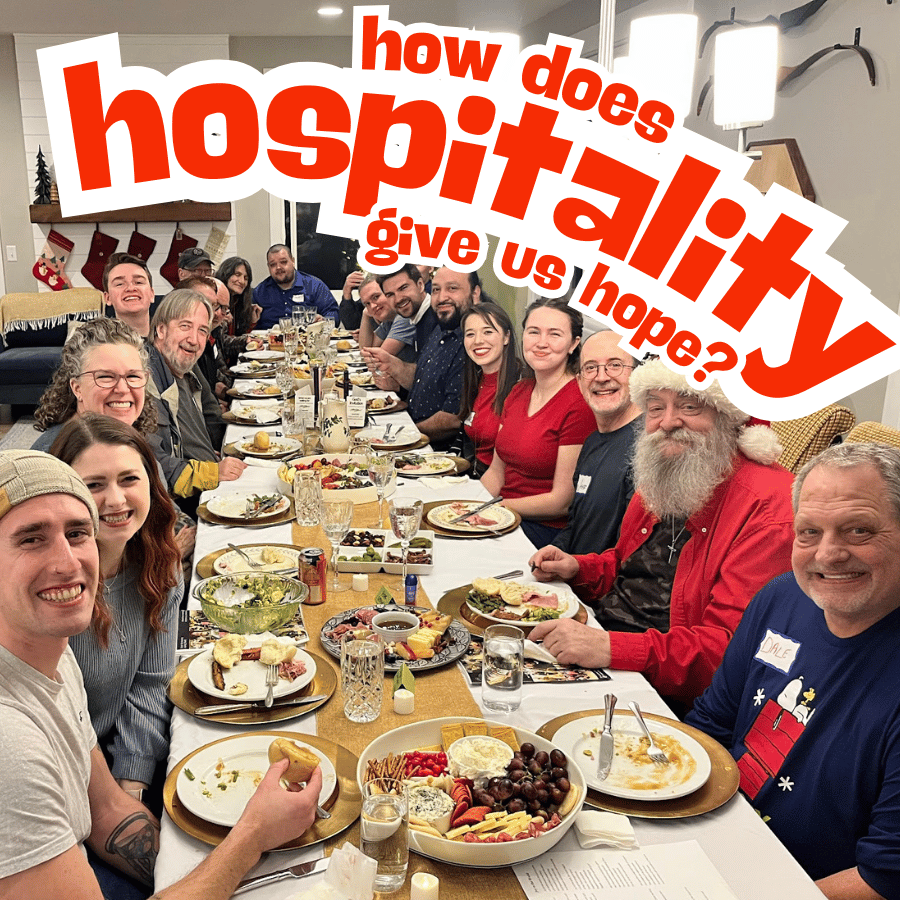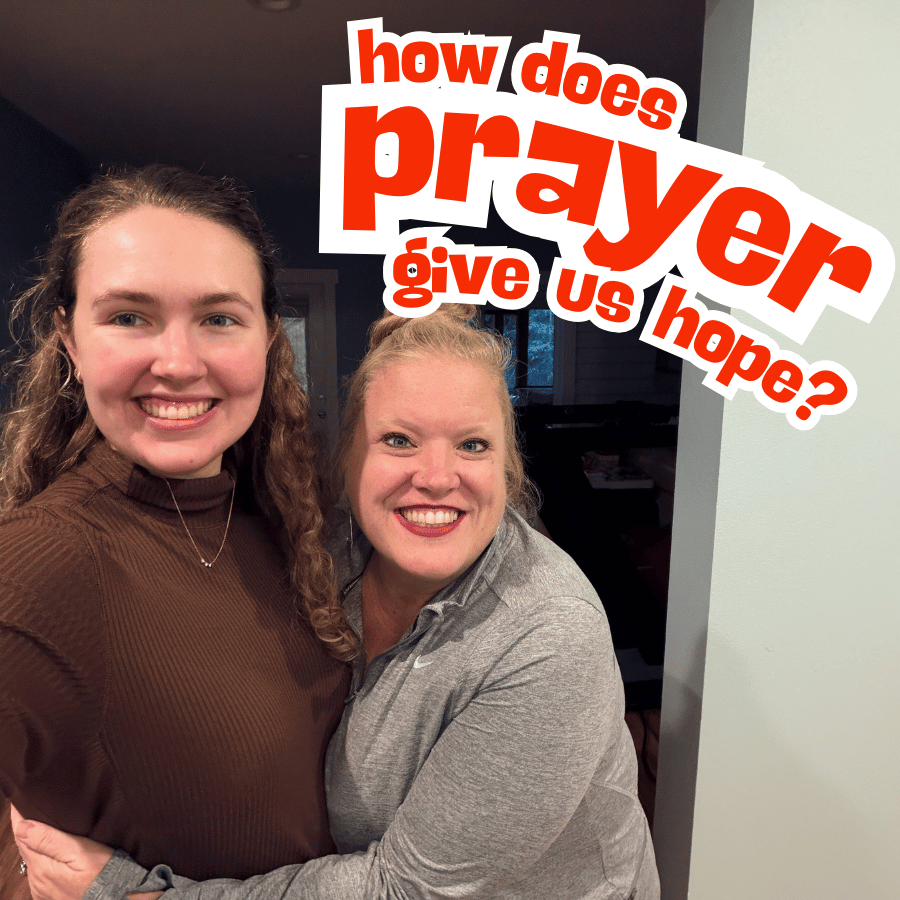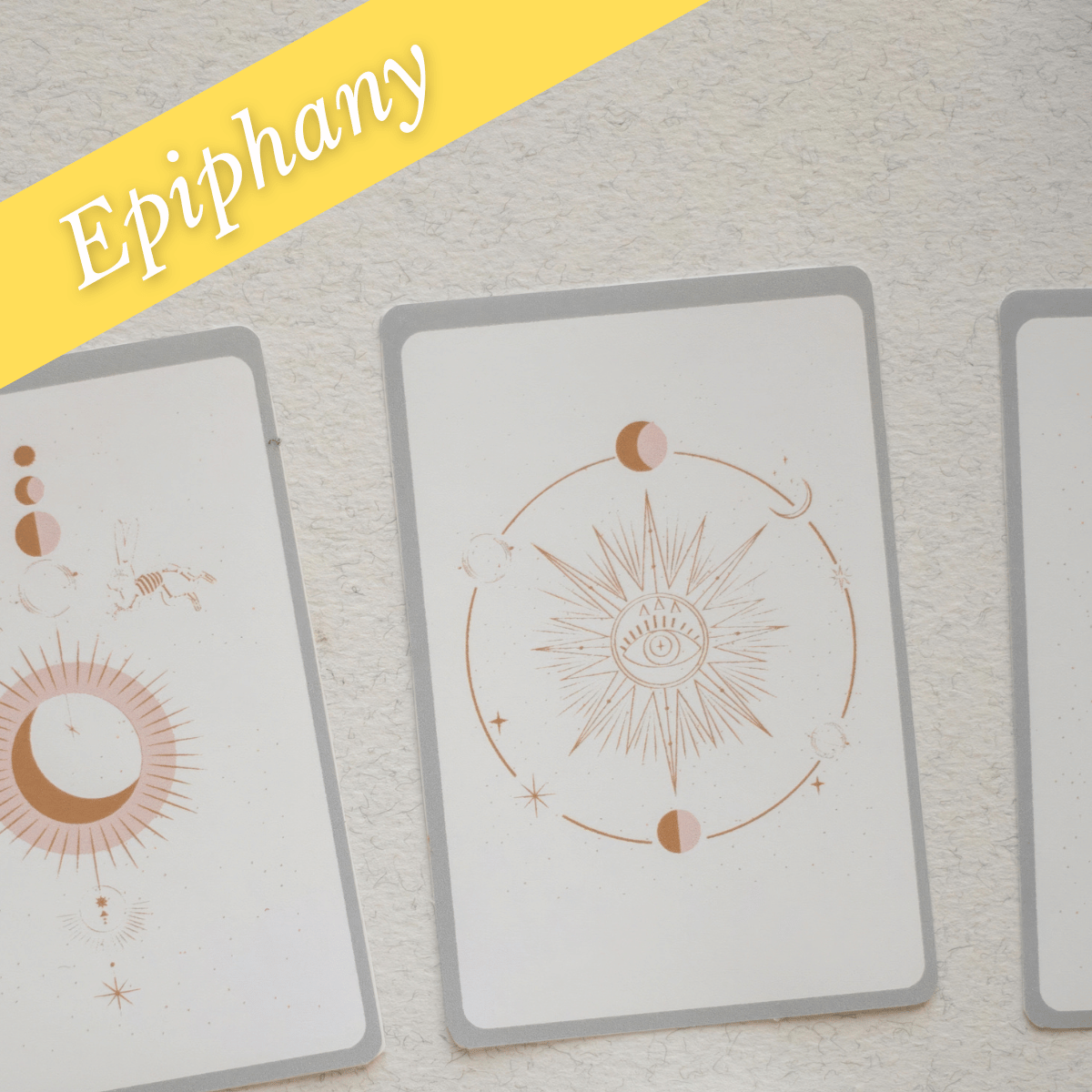Sharing is Caring
Written by Emma McCoy
2 minute read
I think Americans can sometimes forget just how big America is. Texas alone is pretty much the size of Western Europe. California has, like, three different climates in one state. There are a lot of time zones in this country. And don’t even get me started on the size of Alaska. Just believe me when I say you can drive from Spain to Poland and you haven’t even covered how big Alaska is.
Because America is so large—spanning a continent—it’s also incredibly diverse. Fifty different states give us fifty slightly different cultures, opinions, politics, food, and accents. While they may be the “united” states, I think Americans are fiercely proud of regional differences. This kind of diversity means that the communal memory—or shared memories—can be hard to pin down, identify, and describe. At least consistently. The tragedy of 9/11, the aftermath of the 2008 financial crisis, Covid, and Bruce Springsteen’s Born in the USA are experienced by Americans in amazingly different ways.
Communal memory is made up of the things a community experiences together, and how they make sense of it.
For Americans, it takes something quite large to worm its way into a communal memory that spans fifty states and multiple time zones. So terrorist attacks, depressions, and music phenomenons tend to make the list.
But countries aren’t the only kinds of communities that can have these shared memories.
Churches, families, schools, workplaces, nursing homes, hospitals, sports teams—all of these have a communal memory, whether it’s a strong, forgotten, or tenuous one. For example, it’s easy to reach for a cohort of students in school as a group with a communal memory. When I was going through my undergraduate degree, the pandemic happened. This meant that when classes finally opened up again, the school wanted to make sure to keep cases low. So they had to-go containers available in the cafeteria, that way students could take their food outside and eat it, minimizing the chance of indoor infection spreading. But that was back in 2021, and as a graduate student, I’ve been around on campus awhile, and I really felt this when I was joking about the to-go containers with some younger students and they didn’t know what I was talking about. They’d come to campus after the pandemic.
It was odd, realizing there wasn’t a shared memory anymore. That I’m older than most people on campus, and what happened when I was an undergrad isn’t in their memory.
Now, these are some of the best examples I can come up with for communal memory, and I’ll tell you right now anyone from the Old Testament would be shocked that’s what I could come up with. A modern, western society—in particular—doesn’t have a good concept of communal memory because individualism is having its moment. The society is pretty much built on personal autonomy, leading to nuclear familial households (an odd thing, historically speaking), not knowing your neighbors (even more odd), and one of the loneliest generations we’ve ever seen (yay for Gen Z!).
An Israelite from back in the day would be so confused at the lack of communal memory we have—of shared experiences and history that would shape the current moment. Of how one generation doesn’t pass on its stories to the next.
Why does it matter?
You might have heard the phrase, “a person who ignores history is doomed to repeat it.”
I personally like the one that goes more like, “there are no new things,” but the former is a little more on-topic for today.
A communal memory binds a people together, across the board and across generations, providing a context, giving instruction, and holding up a warning sign.
People have short memories, mostly because a human can get used to anything. A communal memory not only gives a community an identity, but it also shows where they were and where they’re going. It can say, “when we ignored God, this happened.” Or, “when we allowed an unchecked market, this happened.” Or even, “remember when something awful happened to everyone, and we came together? Why can’t we do that in peacetime?”
It can help us not repeat mistakes so often. It can be the baseline for remembering good times. It can help us navigate the murky and immediate future. It can also bind us in the present, and help us listen to other generations, and give us a framework for hard conversations.
In other words, a communal memory can be the door we walk through to experience abundant life with others.
Despite a challenging American climate right now—an election year, fraught online discourse, and more—a communal memory, and appealing to shared experiences, isn’t something that is impossible. We just have to be willing to listen, and maybe try something new.
Join us this Sunday for our Common Table Gathering as we discuss communal memory, ancient Biblical context, and what we might have to learn about listening.












3-minute read